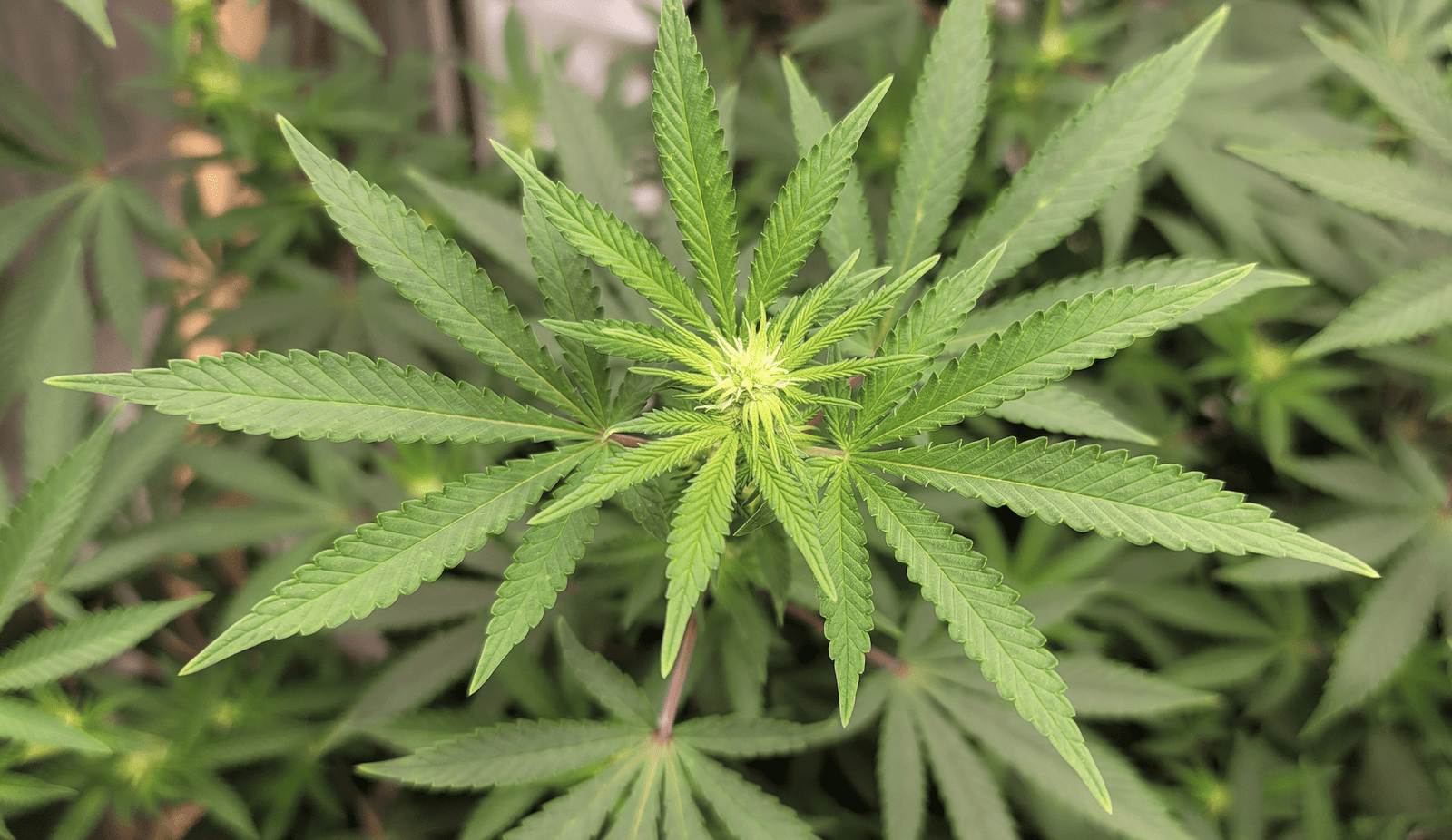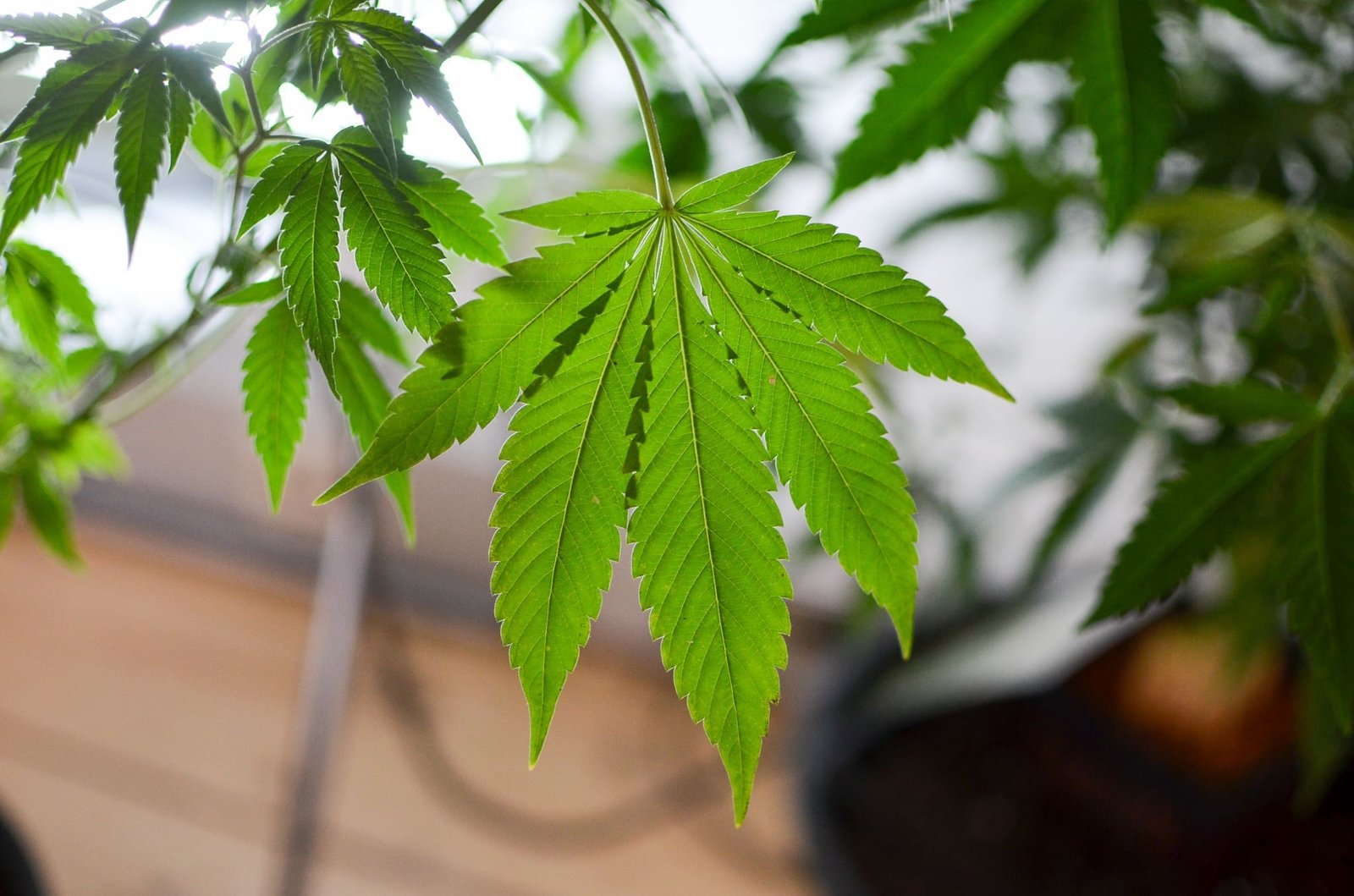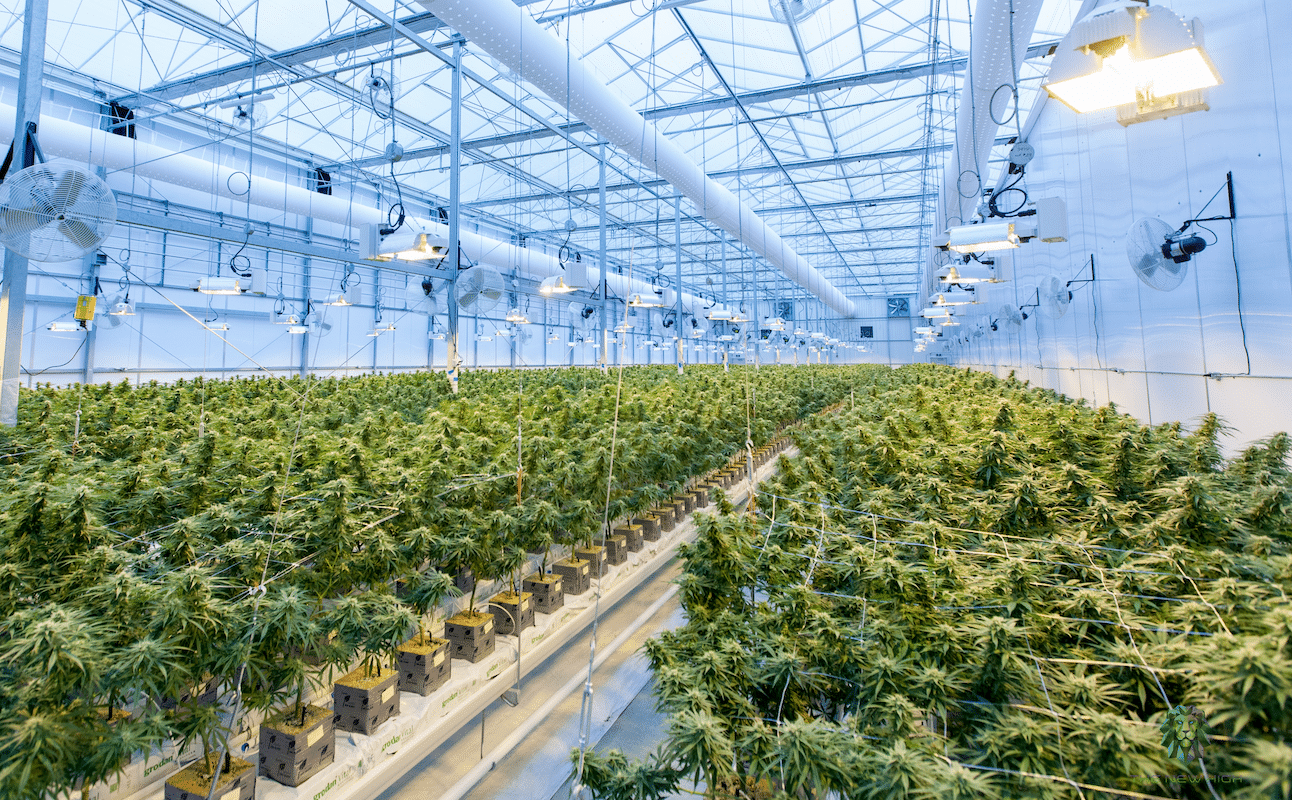A recent poll reveals that Pennsylvania voters prefer legalizing marijuana through private stores rather than state-run outlets. As state lawmakers deliberate on cannabis legalization proposals, the survey indicates a significant majority support a model where cannabis is sold by licensed private businesses. In fact, a legal memo suggests that a government-run cannabis system “is fundamentally defective and would be preempted by federal law.”
The poll, conducted by Change Research and commissioned by the advocacy group ResponsiblePA, found that 74 percent of Pennsylvania voters back legalizing adult-use cannabis sales. The survey aimed to assess voter preferences regarding two different regulatory frameworks for a potential recreational market, showing a clear preference for the private commercial model that has been successfully implemented in other states.
When asked about their preferences, 51 percent of voters initially supported a conventional commercial market, while only 25 percent favored a state-run model, similar to Pennsylvania’s approach to alcohol sales. After voters were informed about the implications of state-run stores—such as potential control over pricing and limited opportunities for local businesses—support for the private model increased to 57 percent, with the state-run preference remaining at 25 percent.
The sentiments about cannabis legalization cut across party lines, as the poll indicated that 49 percent of Democrats, 54 percent of Independents, and 67 percent of Republicans favor a private retail model. Additionally, 68 percent of voters believe that a private system would retain more money within local communities, and the same percentage expressed concern that a state monopoly would limit business opportunities.
Moreover, 61 percent of respondents supported allowing existing medical cannabis dispensaries in Pennsylvania to begin serving adult consumers immediately after legalization. Also, 63 percent agreed that the state should proceed with cannabis legalization in 2025, stating that delays could negatively impact the economy and support the illicit market. In contrast, 30 percent of voters felt that lawmakers should take more time for research and planning before legalizing cannabis, with 7 percent remaining unsure.
Regarding the allocation of tax revenue from cannabis sales, 61 percent of voters expressed a preference for funding public education, followed by infrastructure improvements at 53 percent, substance misuse treatment at 47 percent, and law enforcement funding at 41 percent.
In a statement, Brittany Crampsie, a spokesperson for ResponsiblePA, emphasized the economic benefits of cannabis jobs, which offer good pay, benefits, and healthcare. She noted that an adult-use program utilizing Pennsylvania businesses could create over 33,500 new jobs in the state and highlighted that voters overwhelmingly prefer a private model over a federally challenged state-run system. The survey involved interviews with 1,129 registered voters from January 25 to January 30.
ResponsiblePA is also promoting a legal memo from Kleinbard LLC that discusses the implications of the proposed legislative frameworks.




